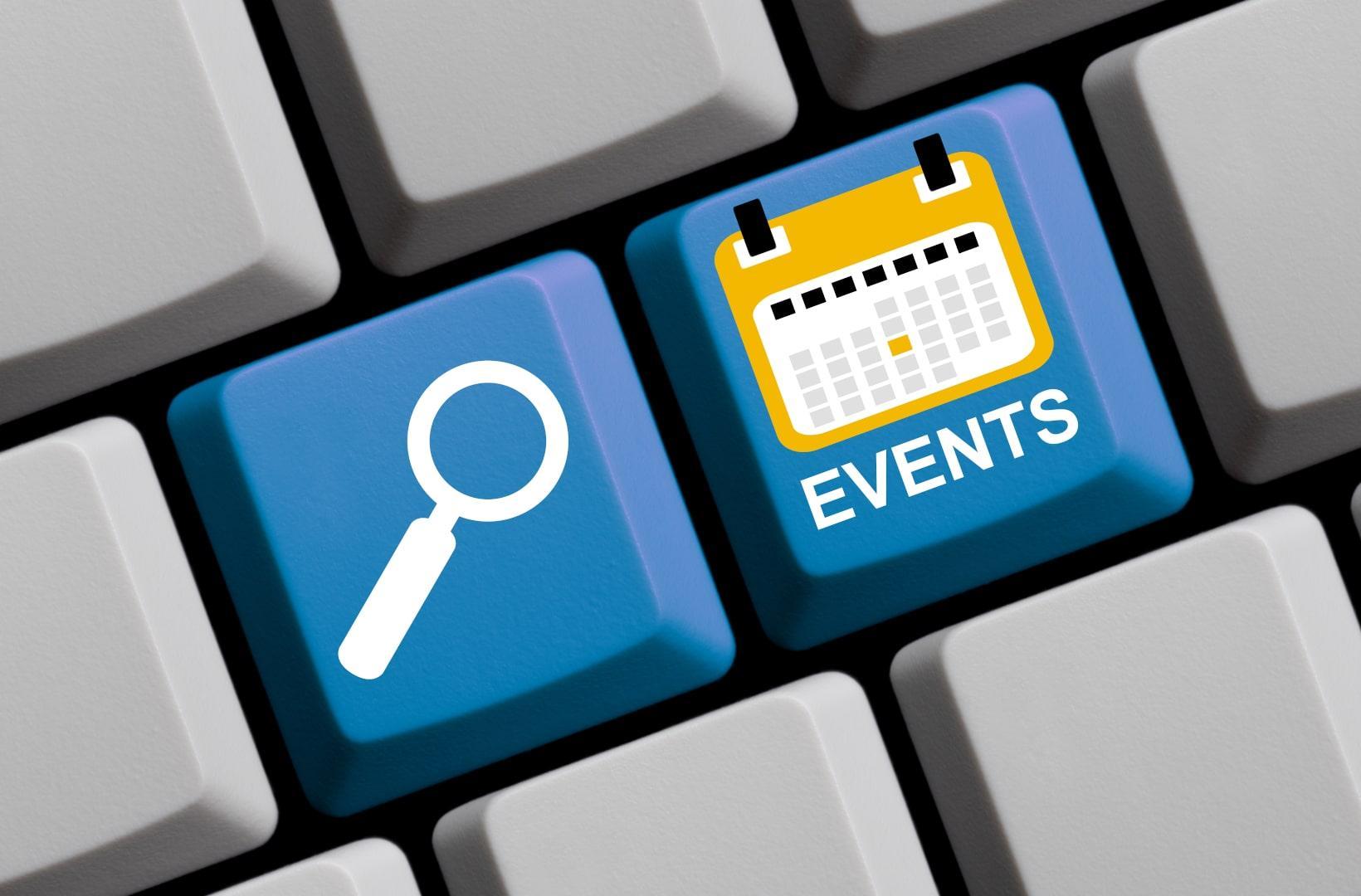Getting Your Events Noticed Online: The Dos and Don'ts
Getting people to engage with you and your organisation online is a tricky battle, one where it seems the rules are always changing. In these times where digital has been the primary way for you to interact with your audiences, we thought we’d share some top tips on promoting arts and cultural events online.
What do we mean by digital marketing?
In short, anything that exists on any digital platform:
- Your website
- Social media
- Promotional emails and e-newsletters
- Anything you share with digital third parties, like press releases and publicity material
- And, crucially, every interaction you have with others online.
Deciding which channels are right for you, your event and your audience is the starting point of any digital marketing strategy – and it may not be the same every time. It’s best to use a combination of channels for maximum impact.
The 3Bs of Reading – the 4Cs of marketing
When thinking about any piece of online marketing material, you should always consider the 4Cs:
Clear – people easily understand what/when/where your event is, and/or the most important info stands out
Concise – mobile-friendly and gets to the point – with no waffle
Consistent – the message/language is the same across platforms and through the user journey
Clickable – the user can take an appropriate action – find out more, buy tickets, sign up… even just sharing a post. The worst thing you can give your audience is a dead end.
The secret of your success
Identify what you want to achieve, and how you’ll measure the success of your work – advance ticketing for an event is probably the best way to be certain as likes and “going” on Facebook events don’t always equal attendance.
Worth a thousand words…
In an age of scrolling and short attention spans, choosing the right image for your posts can be the difference between being spotted and shared, or being missed altogether:
- Tweets with images receive 150% more retweets than tweets without images
- Facebook posts with images see 2.3X more engagement than those without images
Timing is everything
Identify the best times to post on social media. Although this has changed a bit during lockdown, there are still key times that are best – early morning, lunchtime, early evening – i.e. when people aren’t working! It’s worth experimenting until you find your rhythm.
Planning your posts is crucial, too – everything from the best time to announce your event to get those early reactions, shares and ticket sales, to those final week bursts of “this Friday” “tomorrow night” and “this is tonight” posts. And planning carefully allows you to adapt and give those extra pushes when you need them.
Likes are good. Shares are better.
If someone likes your post on social media, it’s good for your “like” count, but it only tells you, and the person who likes it.
If that someone shares your post, it tells more people. And gets more likes.
The right use of hashtags and @mentions and content will help your posts get shared. Identify who are good advocates and which tags work for you. But don’t go overboard – a post filled with tags isn’t always reader-friendly.
Keywords, unlocked
If you want people to find your page/event via search engines, make sure you include the words that people are likely to be searching for in your online copy. So, for example, if you’re running a dance class in Reading, makes sure the phrases “dance class” and “in Reading” are somewhere on the page.
And as image searches make up almost a quarter of all Google searches now, you need to ensure your images have the correct alternative text assigned to them as this is the information it uses.
(we’re hopefully planning a whole session on search engine optimisation to go into all this in more detail. Let us know if you’d be interested in joining the webinar.)
And most importantly…
Be flexible. Online marketing – especially on social media – is a world of trial and error. What works one month, or for one event, may not work for the next. Adopt, adapt and soon you’ll figure out that digital synchronisation between you and your audience.
This blog post is based on our webinar Digital Marketing: Getting Your Event Noticed Online the Dos and Don’ts, so feel free to give that a watch for even more hints, tips and examples.
